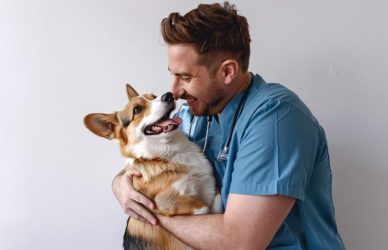Interviewing for a vet role is quite different from the interview experience in most other professions. Generic tips will only get you so far; to really present your best face, you need a vet-specific interview guide like this one.
Our comprehensive guide covers what to do before, during and after the interview, the questions you can expect to be asked, and the questions you should be asking your prospective employer.
Before the Interview
- Find out what kind of interview this will be – will you be meeting the team or will it be one-on-one? Will there be a working interview component?
- Research the organisation so you know their mission and ideals, and what type of patients they see.
- Don’t ask about pay. That’s a question for after you’ve received an offer.
- Practice your handshake with someone–you want it to be strong and confident, not aggressive.
- Arrive 10-15 minutes early (no earlier).
Plan your outfit
- A suit with a collared shirt is a good bet. Keep jewellery, perfume or cologne to a minimum, be well-groomed, and bring a change of clothes if there’s a working interview.
- Prepare 3-5 questions. It is very important to have questions to ask your interviewer that are specific to their organisation. Sample questions include:
General questions:
- What does a typical day look like?
- What are key characteristics you want the person you hire to have?
- I read on your website that you see exotic animals. What percentage of your caseload are they? Is this a growth area for your practice?
Culture & employee experience questions:
- How do you show support to your employees?
- What do you like best about working here?
- How would you describe the culture of your practice?
Training & development questions:
- What does onboarding and training look like?
- Is there room for professional growth? What does that look like in practice?
Benefits questions:
- Which benefits do you offer?
- Do you offer mental health benefits?
During the Interview
- The interview begins when you step through the door, so be polite to everyone, from the receptionist onwards.
- Listen attentively, maintain good posture and eye contact, and avoid nervous tics like saying “um” or fidgeting.
- When answering “tell me about a time when…” questions, use the STAR Method: Situation, Task, Action, Results. Explain the situation, the task at hand, what action you took, and what the results were.
- Stay positive. It’s okay to be honest if you’re asked about a weakness, but make sure you end your answer on a positive note.
- Don’t be negative about past employers or colleagues (that’s akin to badmouthing your ex on a first date).
- At the end, ask all your interviewers for their cards, thank them for their time and express enthusiasm for the role.
Common Vet Interview Questions
- Tell me about yourself and why you are interested in this role.
- What unique skills and expertise can you offer?
- What are your greatest strengths and what areas do you want to improve?
- What does being a leader mean to you?
- Tell me about a time when you took on a leadership role.
- Tell me about a time when you had conflict with a colleague. How did you handle it?
- What do you do if a client is unable to pay?
- What do you do if a client calls with an emergency five minutes before the end of your shift?
- What qualities make a successful vet?
- Why should we hire you?
- Why do you want to work here?
The Working Interview
The working interview is a chance for you to show your skills and to decide if this is the workplace for you. Nearly all vet interviews include a working interview, so remember these tips:
- Ask for an itinerary, and ask what you can expect on the day – will you be interacting with clients or just shadowing someone?
- Bring scrubs, appropriate shoes, your stethoscope, and whatever other instruments you might need.
- Bring a drink and a snack. Working interviews can be long, and you don’t want hunger and thirst to affect your performance
- Showcase your medical knowledge and ask questions when appropriate.
- Get to know the vet techs, assistants and managers. Ask them what they like about working there.
After the Interview
Send each interviewer a thank you note the next day. Email is fine, but a handwritten note will set you apart. Mention something specific from the interview so they know it’s not a generic note you copy to everyone.
Do a post-mortem on what went well and what you need to improve.
If you don’t hear back from the interviewers within two-weeks (or whatever timeline they gave you), send a follow-up email to find out where they’re at in the hiring process




